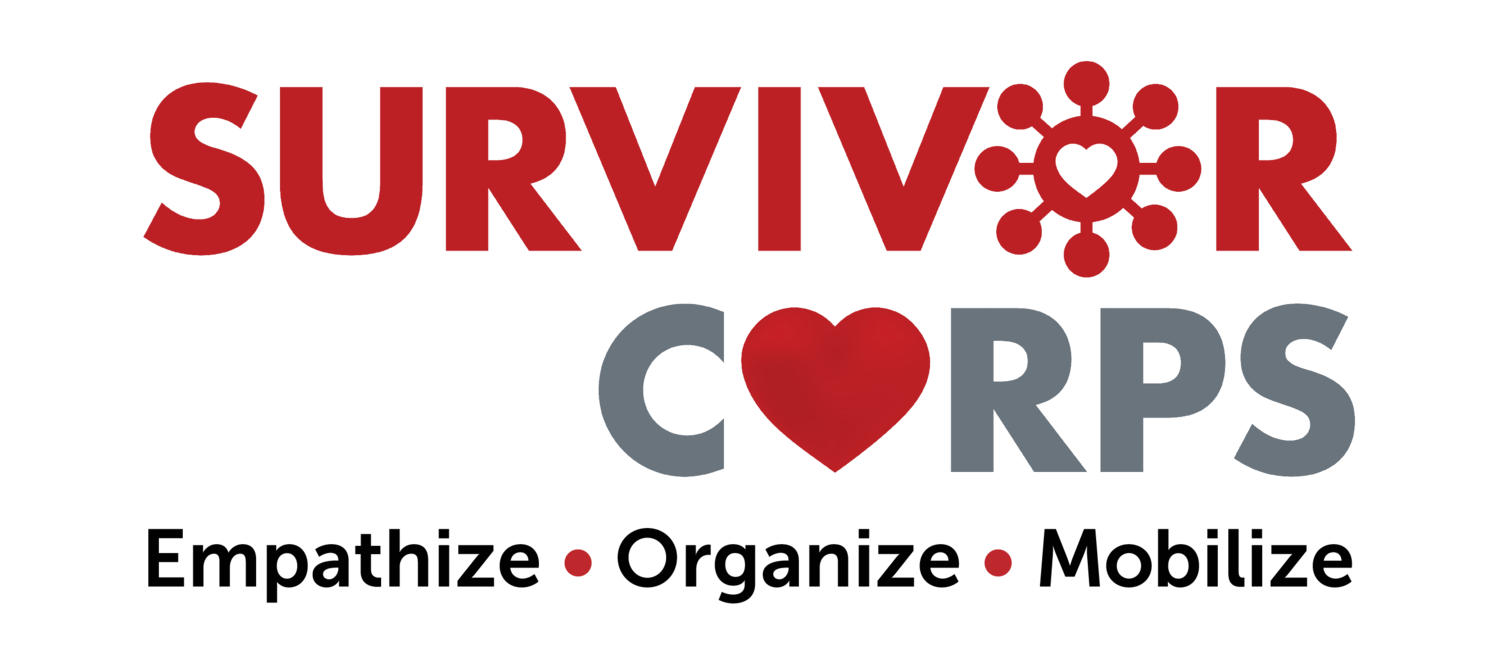
How Does Immunity Work?
A healthy body actively works to keep out harmful materials. The body’s innate barriers, such as the cough reflex or enzymes in tears, form the first line of defense in the immune response. The second line of defense, “adaptive immunity,” is triggered in the body when the innate immune system fails to fight an infection. If you have COVID-19, your body must use its adaptive immunity to fight the infection.
The immune system detects and destroys pathogens. SARS-CoV-2, the virus that causes COVID-19, is a pathogen. Antigens are part of pathogens. They are a toxin or other foreign substance capable of inducing an immune response in the body and they alert the body to an infection. Immune cells recognize antigens and remove the pathogen from the body, thereby stopping or even preventing an illness.
Adaptive immunity occurs after exposure to an antigen and consists of: (1) the production of a large number of antibodies by B cells (a humoral immune response); and (2) the production of T cells (a cell-mediated immune response involving white blood cells).
Adaptive immunity enables the immune system to remember disease causing pathogens it has seen before and respond quickly in the future if re-exposed to a pathogen. This is the principle behind vaccinations.
What are T Cells?
T cells help to fight infections in two different ways. 1) “Helper” T cells activate B cells which secrete antibodies and kill infected target cells. 2) “Killer” T cells directly target and destroy infected cells, but do not produce antibodies.
The severity of disease can influence the strength of these T cell responses. Recent studies have observed a measurable T cell response to SARS-CoV-2 in patients that do not have a measurable antibody response. This may suggest that patients who have recovered from COVID-19 and do not have measurable levels of antibodies may have had a killer T cell response and may have some amount of cell-mediated immunity. Cell-mediated immunity (the production of T cells) plays a critical role in responding to viral infection.
What are Antibodies?
Antibodies help the body to fight disease. The body’s antibody response (humoral immunity) is important in the context of both vaccination and treatment with COVID convalescent plasma (CCP). Treatment with convalescent plasma products is believed to confer passive immunity by infusing a patient with antibodies against a particular antigen from another person (the plasma donor).
There are still many things we don’t know about the nature, strength, and scope of the body’s adaptive immune system response to SARS-CoV-2: (1) how long do antibodies against the virus persist? (2) how protective are they? (3) how long do SARS-CoV-2 reactive T cells persist? (4) how protective are they? (5) what kind of B and T cell memory response will we see? The answers to these questions will come in time, whether from ongoing research, or from following patients enrolled in the many longitudinal and SARS-CoV-2 vaccine clinical trials. For a more detailed discussion of B cells, T cells and antibodies, see: Why don't antibodies guarantee immunity?
What do Vaccines do?
Vaccination confers active immunity by stimulating a body’s own immune system to make its own antibodies against a particular antigen, in this case the virus that causes COVID-19.


